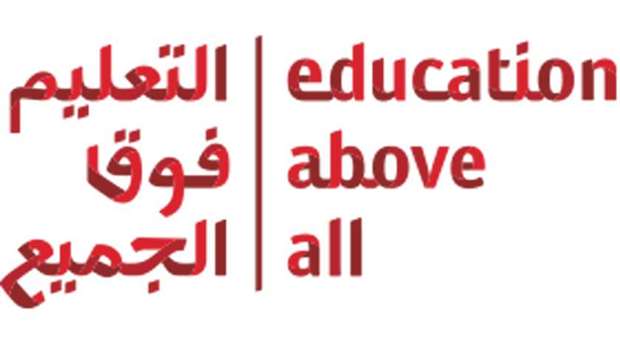Bringing together UN and other humanitarian agency representatives, as well as diplomatic envoys and policymakers, the global knowledge exchange platform was held last month for three days at Geneva’s Palais de Nations.
Under the theme: “Promoting action to save lives, reach those in need and reduce humanitarian risk, vulnerability and need: looking towards the seventieth anniversary of the Geneva Conventions of August 12, 1949 and the climate summit called for by the secretary-general”, the platform’s agenda featured debates, high-level panels and fifteen side events.
At the Ecosoc Humanitarian Affairs Segment, the Qatari delegation was represented by Shaheen Ali al-Kaabi, assistant director, Department of International Co-operation, of Qatar Ministry of Foreign Affairs, Arwa Musaaed, Rota’s acting director of the International Programmes, Ahmed al-Lenjawi, a member of Rota Youth Advisory Board, and Omran Musa, member of Mycha (Mena Youth Capacity Building in Humanitarian Action) Youth Advisory Group and Mena Regional Focal Point for Humanitarian Affairs for the UN Major Group for Children & Youth.
High-level topics discussed during the two-day forum covered the implementation of international law, the combat of gender-based violence, the localisation of humanitarian efforts, as well as global climate change action. Qatar, represented by the Ministry of Foreign Affairs’ al-Kaabi, co-chaired, alongside Denmark, a side event titled “Youth: Advancing the Agenda”, to discuss the inclusion and role of young people in global humanitarian systems and action.
“We recognise that agencies working in humanitarian affairs have a primary responsibility to support, develop and best guide young people in a bid to empower and sharpen their capacity to work together with policymakers and other key humanitarian actors. It is, therefore, paramount to support collective efforts that recognise the role of youth as agents of change and as active players in laying the foundations for peace in their home countries and communities,” said al-Kaabi in his opening remarks.
During the event, Rota’s Mycha initiative, launched in 2017 and piloted among 250 young people in Mena, was presented as one of two success case studies in this direction, alongside Unicef and the Norwegian Refugee Council’s development of inter-agency guidelines for working with young people in humanitarian settings. The guidelines, which are currently being finalised will be instrumental for international agencies to deliver on their promise, made at the World Humanitarian Summit in 2016, to transform humanitarian action with and for young people, Unicef and the Norwegian Refugee Council stressed during the event.
Rota also shared the upcoming launch of a training toolkit for introducing youth to humanitarian action.
Musa, shared his experience foraying into the humanitarian world in Qatar, having left his crisis-laden home, Sudan, “We mainly want to see agencies working in this sector do two things: one, change how they respond to adolescents’ and youth suggestions, innovations and actions; and two, become more open, better at listening and show a genuine willingness to allow young people to influence processes so that our plights and voices are heard and followed with action.”

